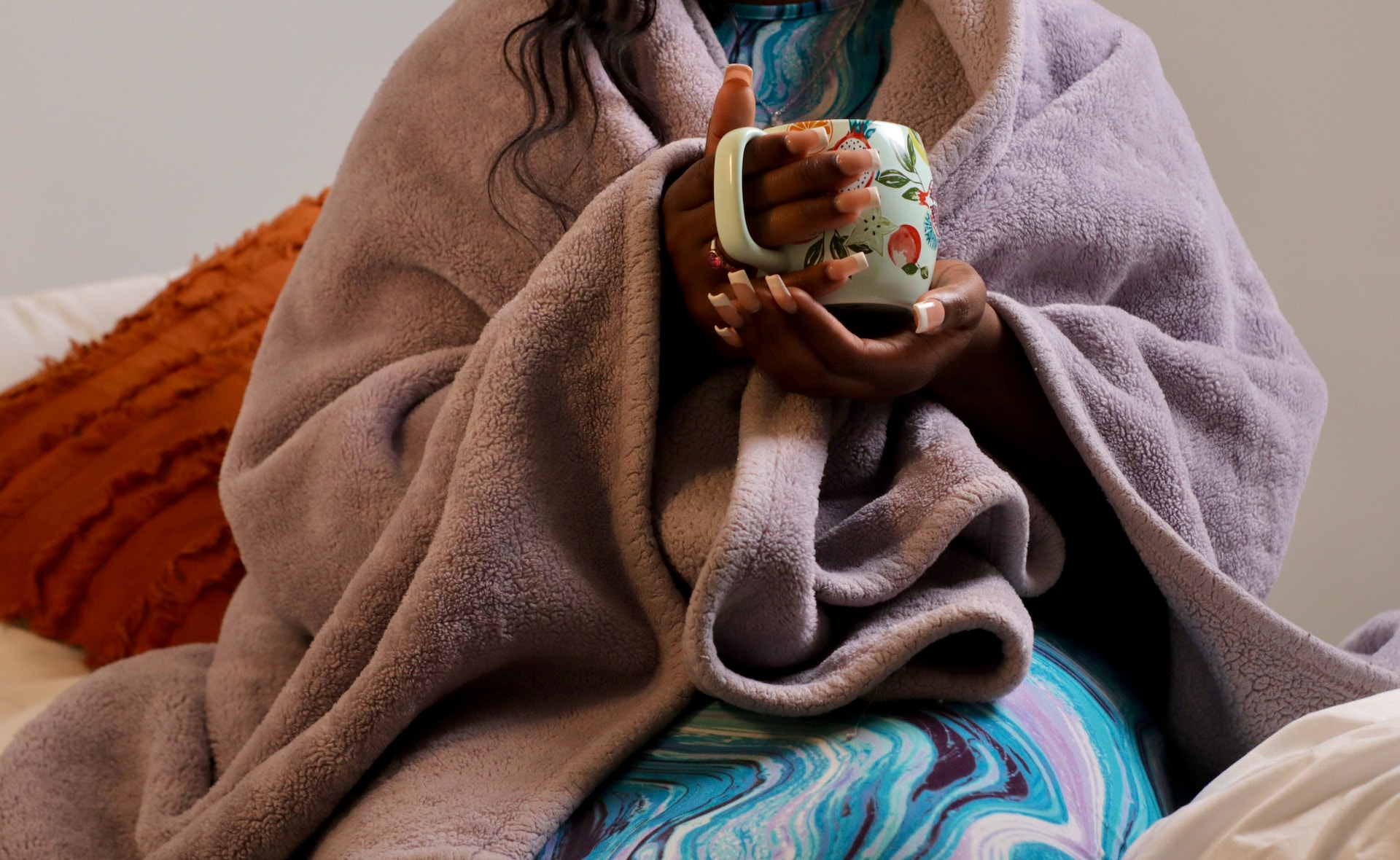Self-Care for College Students

By Kelly Burch
The term “self-care” gets tossed around a lot these days, and it means different things to different people. It’s also often code for things like massages, haircuts, or shopping. But true self-care is about more than just giving yourself a treat.
Self-care includes all the regular activities and practices that help you maintain your well-being. Good self-care can help you manage the inevitable challenges of life, including the academic, social, and financial stress you’ll likely experience during college.
Here is your guide to self-care in college
Kinds of self-care
- Physical self-care includes taking care of your physical health by getting good sleep, feeding yourself well, moving your body in a way that feels good to you, keeping up on wellness visits, and taking care of yourself when you’re sick.
- Mental health self-care can include managing your mental health condition, having healthy social media habits, practicing mindfulness, and asking for help when you need it.
- Emotional self-care includes practicing emotional awareness, learning to manage your emotions and feelings, and doing things that make you happy, like spending time with friends.
- Spiritual self-care can include things like going to church, praying, or joining a faith-based group, but it does not need to involve religion. You can also practice spiritual self-care by meditating or doing an activity where you feel fully present and connected to yourself.
Doing things to take care of your physical, mental, emotional, and spiritual health will help you meet the challenges of college and develop resilience, which can help you manage stress, uncertainty, and adversity, and may reduce your risk of anxiety or depression.
Take small steps
Don’t feel like you need to perfect your self-care routine right away. Start by focusing on one area, like managing your medical care. And once you’ve picked one area, start with one small step, like spending 10 minutes identifying contact info for your school’s health clinic and saving it on your phone.
When you feel comfortable with that, add in another step, like getting more sleep (and, again, start with one small step, like going to bed 20 minutes earlier). Ultimately, learning which self-care practices work for you is an experiment.
Observe your feelings
Pay attention to the activities and experiences that help you feel strong and connected, and make these things part of your regular self-care routine. This could be anything from going to a weekly appointment at the campus counseling center to doing karaoke with friends (yes, this can count as an act of self-care!).
Give yourself grace
Allow yourself flexibility. Your routine might change over time, or even day-to-day. Some days you’ll feel better after a hard workout, but other days, your body might tell you it needs a nap instead. Some days you’ll have to put aside self-care to take care of other responsibilities, such as studying for an unexpected exam or helping out a friend. And that’s OK! What matters is that you’re learning to listen to your mind and body, and finding the balance that allows you to be your healthiest self.







